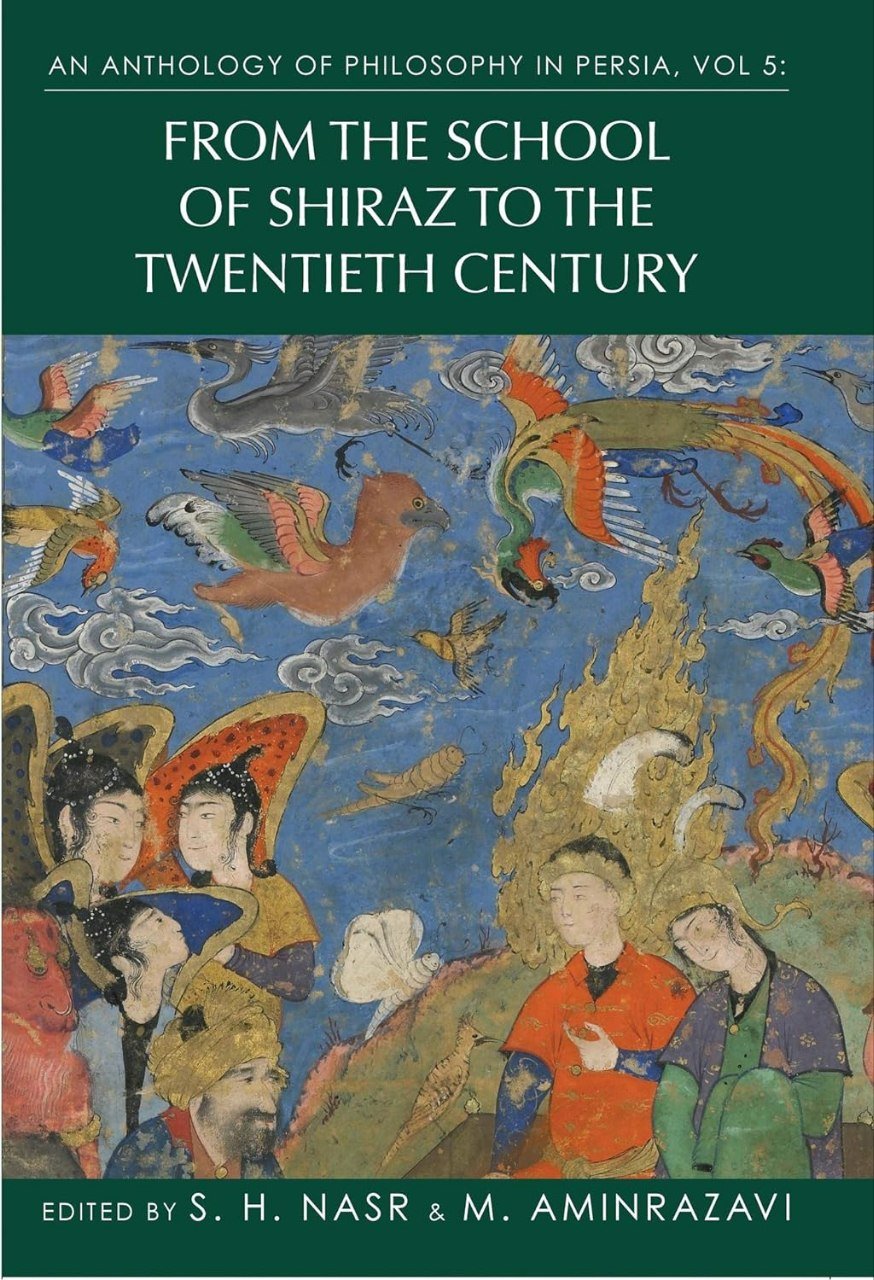

Cold Intimacies: The Making of Emotional Capitalism
Reviews
No review yet. Be the first to review this book!
Description
Cold Intimacies: The Making of Emotional Capitalism by Eva Illouz is a sharp and insightful exploration of how capitalism has reshaped emotional life, blurring the boundaries between economic rationality and intimate relationships. Illouz introduces the concept of “emotional capitalism,” a social formation where economic practices are deeply intertwined with emotional experiences, and emotional life is increasingly shaped by market logic. In this book, Illouz argues that the rise of emotional capitalism reflects a historical transformation in how individuals experience love, intimacy, and the self. In earlier times, emotions and economic life were often viewed as separate spheres: emotions belonged to the private, personal realm, while economics was about rationality and public exchange. Illouz shows how these spheres have become entangled in modern society. Romantic relationships are increasingly influenced by consumer culture, therapy discourse, and self-help ideologies, while workplaces demand emotional intelligence, empathy, and affective labor. Illouz traces this phenomenon through various domains—ranging from the self-help industry to online dating platforms—demonstrating how emotions have become commodified. For example, the promise of personal happiness and romantic fulfillment is now often tied to consumer goods, services, and therapeutic practices. At the same time, emotional skills have become valuable assets in the labor market, contributing to the rise of what she calls "emotional competence" as a form of economic capital. A key focus of Cold Intimacies is the way that modern individuals navigate intimate relationships under the pressures of emotional capitalism. Illouz contends that people increasingly approach relationships with a market-oriented mindset—making rational calculations about partners, optimizing choices through online dating algorithms, and using therapeutic language to manage their feelings. Love and intimacy become both highly individualized and subject to the demands of efficiency, choice, and self-realization. Yet, Illouz also highlights the paradox of this system: as emotional life becomes increasingly rationalized and commodified, people experience greater insecurity and fragility in their intimate bonds. The "coldness" in Cold Intimacies refers to how this rationalization often strips intimacy of its depth and spontaneity, replacing genuine emotional connection with calculated exchanges. This concise but powerful book critiques the way late capitalism transforms the most personal aspects of human life into commodities and market transactions. Cold Intimacies is essential reading for anyone interested in sociology, cultural theory, gender studies, and understanding how contemporary capitalism shapes our emotional and relational lives.





 May 03, 2025
May 03, 2025
















.jpg)









.jpg)






.jpg)


.jpeg)


.png)

.jpg)







.jpeg)

.jpeg)





.jpg)
.jpeg)

.jpg)


.jpg)

.jpeg)




.jpg)



























































